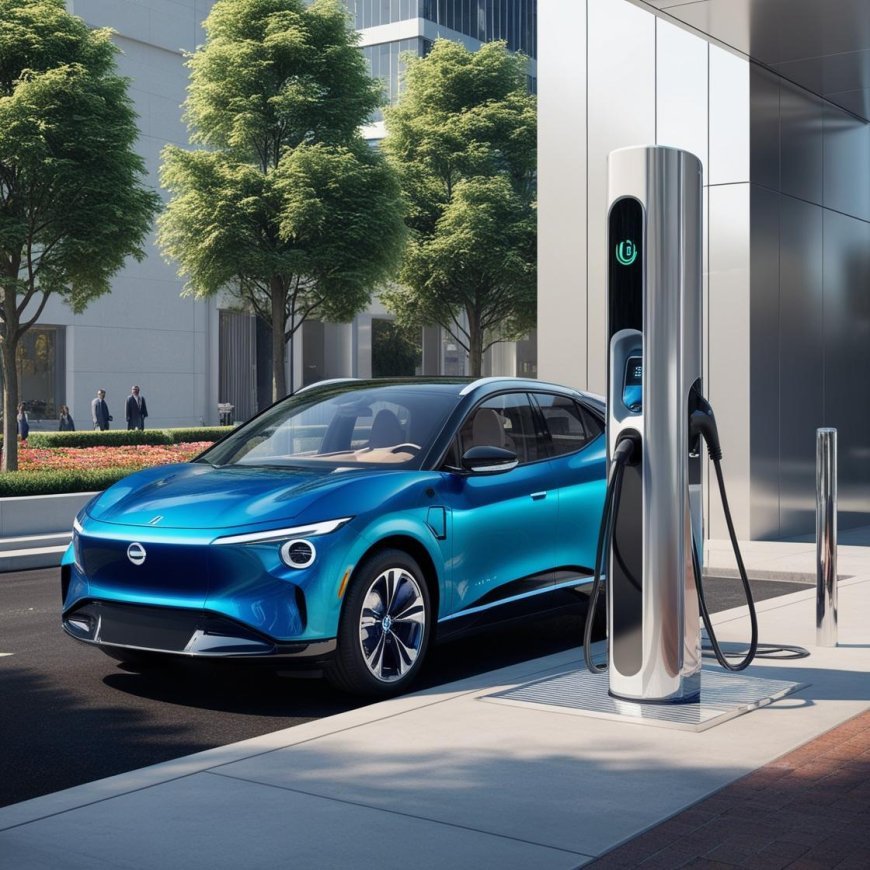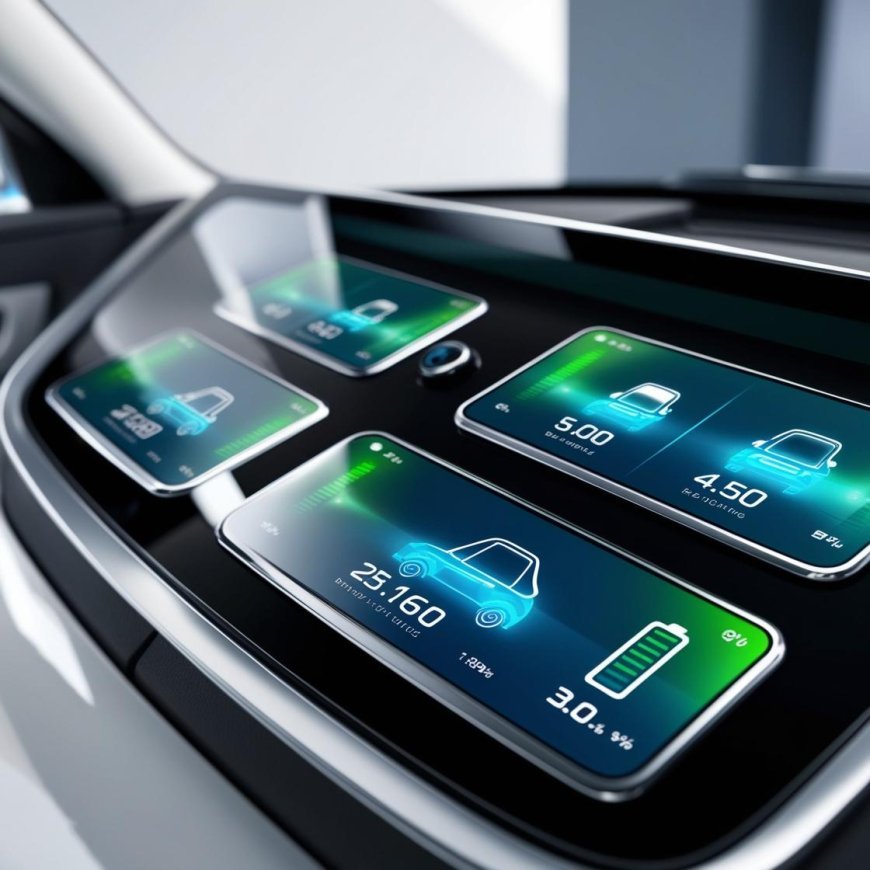The Rise of Electric Vehicles – Pros, Cons, and Future Potential
Electric vehicles are transforming the future of transportation, bringing both benefits and challenges. This blog explores EV technology, environmental impacts, and what lies ahead for the industry. Discover the pros, cons, and the role EVs will play in a sustainable future as they drive innovation and eco-consciousness.

The automobile industry is in the process of revolution. With technology advancing on a daily basis and the globe becoming more environmentally conscious, the electric vehicle has emerged as something on which the world will one day rely on for greener mobility. However, the transition to a fully powered method of transportation is fraught with potential benefits and risks. We investigate the advantages and disadvantages of EVs and how they can alter tomorrow's roads. What are Electric Vehicles? Electric automobiles use electricity instead of internal combustion to power their engines. No gas is used. This helps to reduce the consumption of fossil fuels and greenhouse gas emissions. Benefits of Electric Vehicles.
Pros of Electric Vehicles

Environmentally friendly: Because no fuel is used, EVs produce no emissions. This promotes cleaner air and reduces carbon footprints.
Cost and Running Cost: Electricity is less expensive than petrol, resulting in significant long-term savings.
Low Maintenance: Because there are fewer moving parts, EVs require less maintenance, saving both money and time.
Quiet and Efficient: Electric vehicles run silently and smoothly, reducing noise pollution.
Cons of Electric Vehicles
Higher Purchase Price: Although electric vehicles save money in the long term, they are more expensive to purchase than conventional vehicles due to the relatively high cost of batteries.
Limited Range: EVs' range is restricted by their battery capacity. Long-distance travel will be difficult unless sufficient charging stations are available.
Infrastructure for Recharging: While the number of charging stations is increasing, it is still fewer than that of filling stations, and users are deterred by the necessity to refuel constantly in order to reach their destination according to certain schedules.
Environmental Impact of Battery manufacture and Disposal: The environmental impact of battery pack manufacture must be carefully managed, whereas recycling and reusing these batteries helps to reduce the environmental burden.
Environmental Impact: Although EV tailpipe emissions are almost zero, pollution is caused by the mining of battery components such as lithium, cobalt, and nickel, which are utilized in the EV's battery. Furthermore, efficient disposal and recycling of spent batteries reduces waste and pollution.
Future Prospects and Predictions. Better technology may not only increase cost-effectiveness but also boost the use of EVs, hence increasing mileage and making electric cars affordable. Every government is introducing incentives to encourage the adoption of EVs, and manufacturers have already promised an electric lineup. Sincerely, by 2035, the majority of new vehicles sold are predicted to be electric, with cleaner cities, reduced reliance on oil, and an altered energy landscape.
What's Your Reaction?








































































